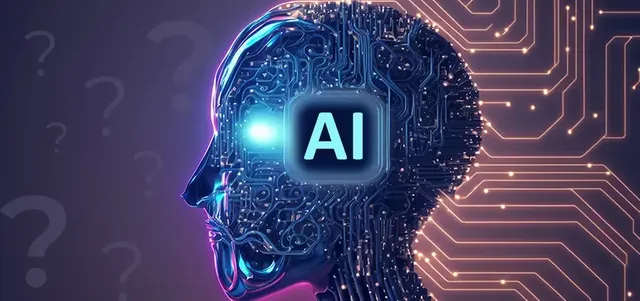
Artificial Intelligence (AI) has become one of the most talked-about topics in today's world, with its impact being felt across various sectors. From healthcare to finance, transportation to entertainment, AI is reshaping the way we live, work, and interact with technology. However, along with its promises, AI also brings about significant challenges and ethical considerations that need to be addressed.
One of the key challenges of AI is its potential to disrupt the job market. As AI technologies automate tasks traditionally performed by humans, there is a growing concern about job displacement and the need for retraining and upskilling workers to adapt to the changing labor landscape. Additionally, there are concerns about AI bias and fairness, as algorithms may perpetuate or even exacerbate existing inequalities and discrimination in society.
Moreover, the rise of AI raises important ethical questions regarding privacy and data security. With the increasing collection and analysis of vast amounts of data, there are concerns about how this data is being used, who has access to it, and how it could be misused. Ensuring transparency and accountability in AI systems is crucial to building trust and safeguarding individuals' rights.
Despite these challenges, AI also presents significant opportunities for innovation and advancement. AI-driven technologies have the potential to revolutionize healthcare by improving diagnosis and treatment, enhancing productivity and efficiency in various industries, and enabling personalized experiences for users. Moreover, AI can play a crucial role in addressing global challenges such as climate change, by optimizing resource usage and facilitating the development of sustainable solutions.
As we navigate the rise of AI, it is essential to strike a balance between innovation and responsibility. Policymakers, industry leaders, and researchers must work together to develop ethical frameworks, regulations, and guidelines that ensure the responsible development and deployment of AI technologies. By harnessing the potential of AI while mitigating its risks, we can create a future where AI benefits society as a whole.
Let's embrace the opportunities that AI brings while remaining vigilant about its challenges, ensuring that we build a future where AI serves humanity's best interests.